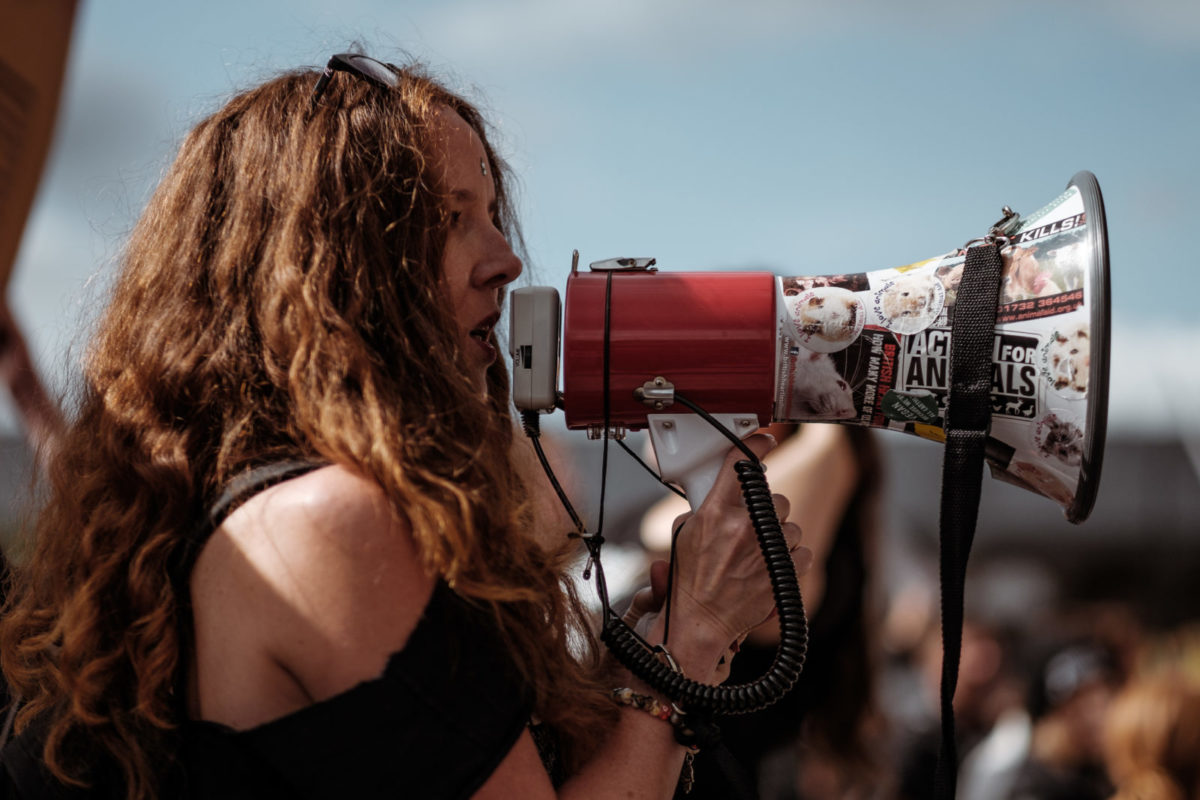Getting involved is easier than you think, your effort means a lot, and there are often opportunities to do things that you didn’t realise.
1. Use your clicks and ticks
Numbers matter. They show that you are not the only person caring about an issue. It may _feel_ pointless, but the effort-to-impact ratio is in your favour when the impact is to show that actually the world hasn’t gone mad and the majority of people are against the terrible things happening.
So sign petitions, share messages you believe in, and most importantly vote at every opportunity.
The dismissal and narrative-owning branding of “armchair activists” or “clickivists” is designed specifically to make it feel stupid or pointless. But the very fact that those dismissals exist prove that the activity can work.
In between the ‘big’ votes there are local elections and referendums that have just as big an impact on your life.
2. Use your feet and your hands
So what else can you do? Volunteer.
Volunteer for local organisations and initiatives that are trying to improve peoples lives, or political parties you agree with or want to help tactically.
They desperately need people to do simple things that help them to be more impactful, often tasks that don’t require any experience or specific skillset, but that just require extra people.
3. Use your skills and experience
You have so much more to offer, and you might not realise it. Organisations that rely on donations and volunteers often don’t have the money to spend on things that would help them raise their game or completely transform how they operate.
When we founded Techfugees it was a simple premise: most people can drive a van of food and supplies to Calais –and should!– but as technologists we have other skills, let’s explore how they can be useful and enable other technologists to get involved too.
So offer yourself to an organisation that needs what you uniquely have to offer. Or, if that organisation doesn’t exist, find some allies and start that campaign.
Your community and network
Lastly (for now), you have a community and network that may be of use too. These communities are connected around common bond, but sometimes common goals or geography as well. And over time more bonds and commonalities appear. Formalities change as a communities gets to know itself and the people get to know each other, and you may discover other things that the community cares about.
Surfacing and exposing those things might feel risky, but in my experience people are people, and are either forgiving or more often glad someone else is saying something out loud that they’ve been feeling themselves.
In summary
(I’ll revisit this post and elaborate more)
If you feel the urge to try and fix things, DO IT. Your risk profile is lower than you might think, and you’ll find allies quickly.
And as always, give me a nudge if you want to throw an idea around.
